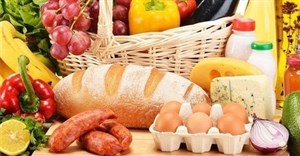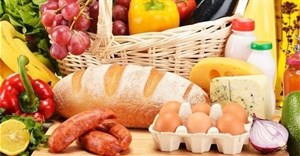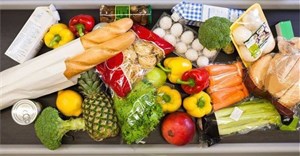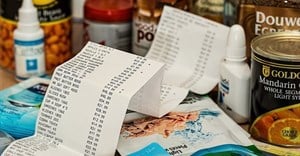
Retailers want fuel price hike explained
Another price hike is predicted for next month.
The fuel price has been on a downward drive from a record high of R10,70/l in July to the January price of R5,76.
The price of diesel will decrease by between 5c and 7c a litre on Wednesday.
While the cost of petrol is about to rise, the good news for consumers is that the interest rate is set to be cut when the Reserve Bank‘s monetary policy committee ends its two-day meeting on Thursday.
Most economists are predicting a 100-basis-point cut on the back of declining inflation.
SA Petroleum Retailers' Association national director Peter Noke called on the fuel industry to become transparent in its dealings with consumers.
“Fuel is a vital part of our everyday lives. We want to know exactly why it costs as much as it does, and why it‘s going up in price when the perception is that it should be coming down.
“At a time when South Africa‘s automotive industry faces one of its biggest economic challenges, lack of transparency has no constructive role to play,” he said.
Noke said the lack of transparency within the fuel industry had led some retailers to believe that despite regulation, refiners might be in a position to manipulate the pump prices of petrol and diesel.
Mineral and energy department spokesman Bheki Khumalo said it was still too early to tell whether the increase was the beginning of an upward trend.
He said the factors influencing the increase were the crude oil price and the weakness of the rand.
“We cannot say at this stage if the fuel price will increase next month,” he said.
“The department can only confirm the next month's price after the industry, auditors and government have sat down on the last Friday in February and decided whether there has been an over-recovery or under-recovery in the oil price.”
However, economist Tony Twine said the steep decline in the fuel price over the past five months was now over and that consumers could see the petrol price rising again in March.
But, he said, the petrol price increase this month and possibly again next month would not have an impact on food prices.
The connection between food and fuel prices had been exaggerated when both were moving up last year, he said.
South African consumers paid for food at international prices, he explained.
“What the South African consumer doesn‘t readily understand is that our prices are influenced by international prices.
"If the prevailing price of maize is R7,000 per ton on the international market versus R5,000 per ton in South Africa, farming co-operatives will export the maize, so we end up paying the world price.
“Similarly, products that are not made locally are imported at world prices and what we pay for them in South Africa exposes us directly to the exchange rate.”
Source: The Herald
















